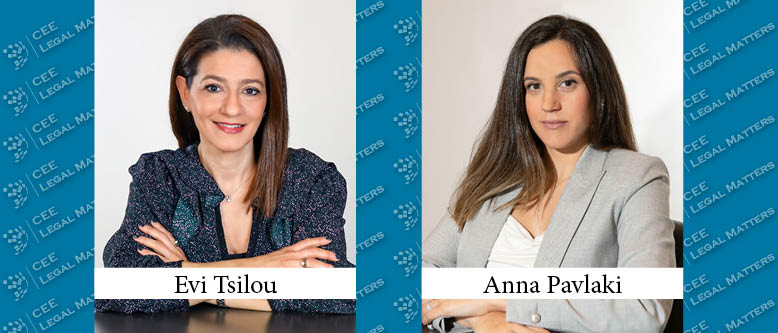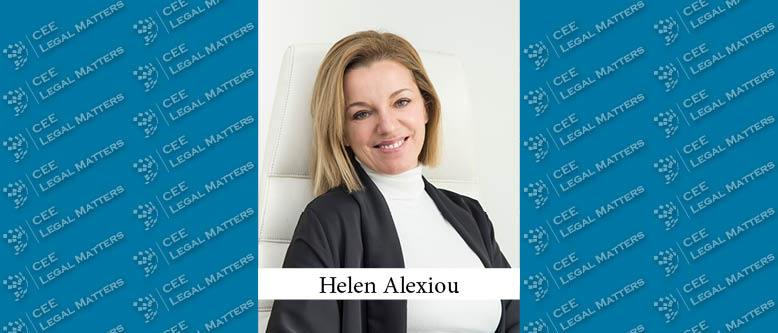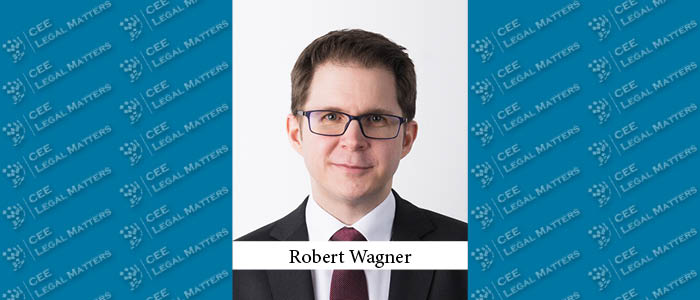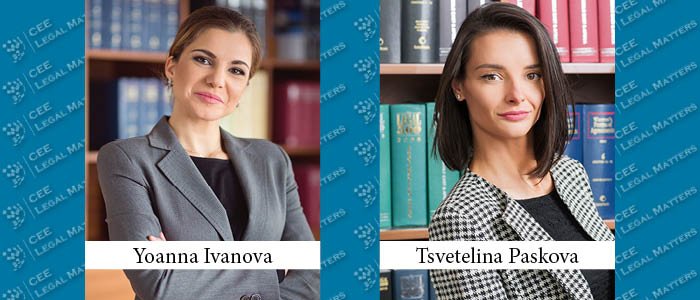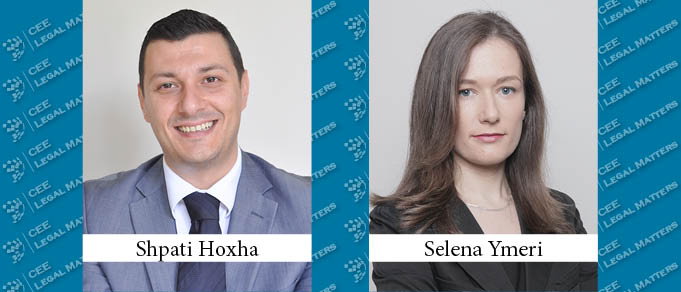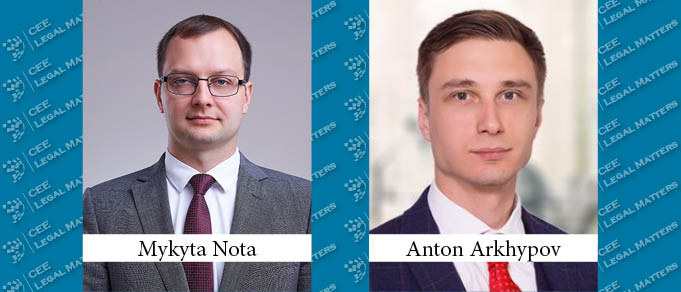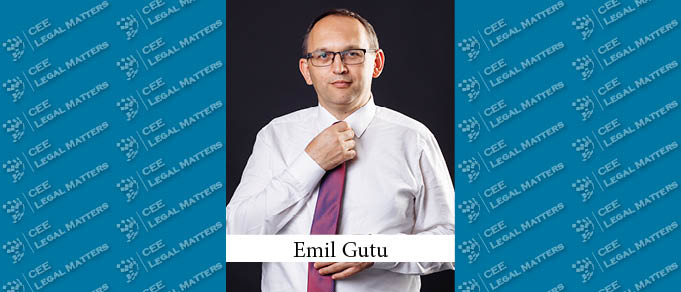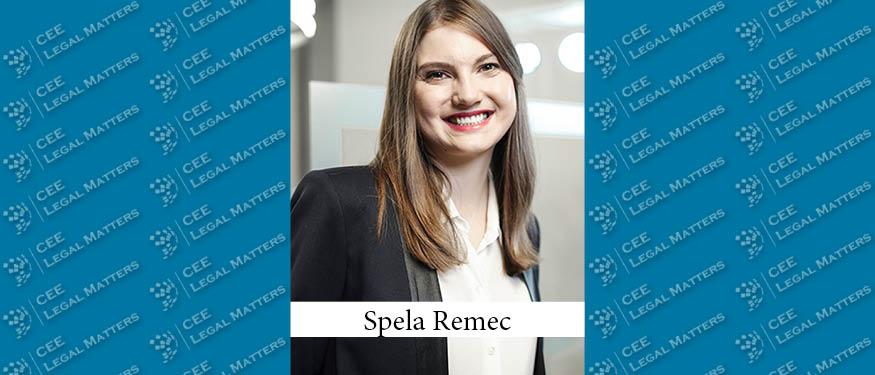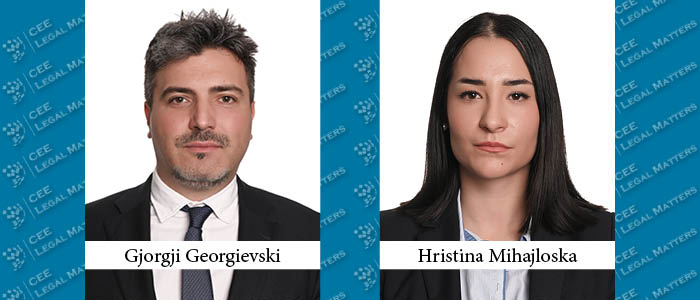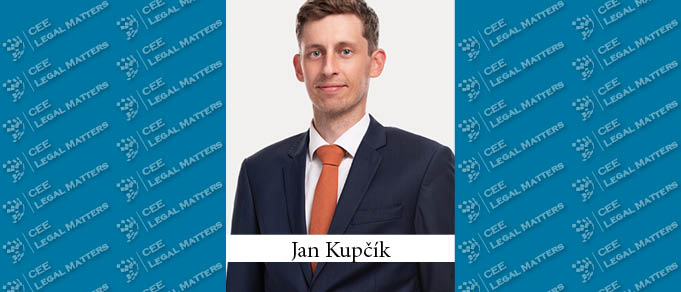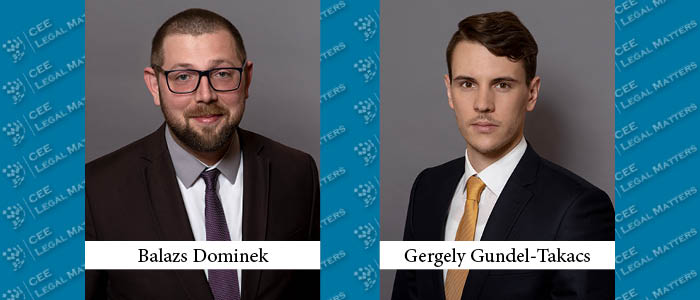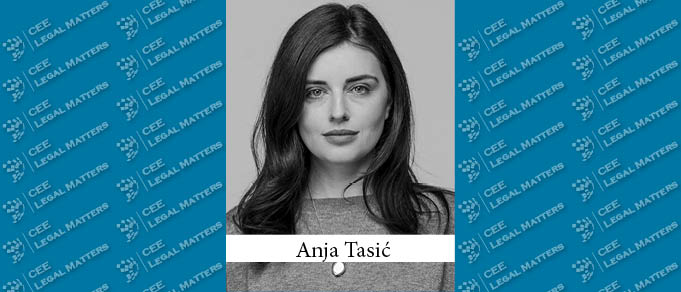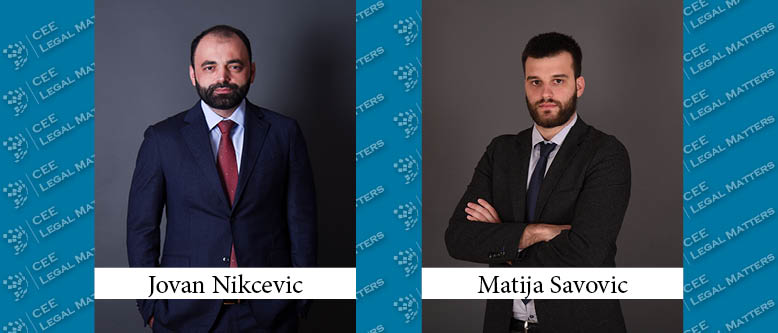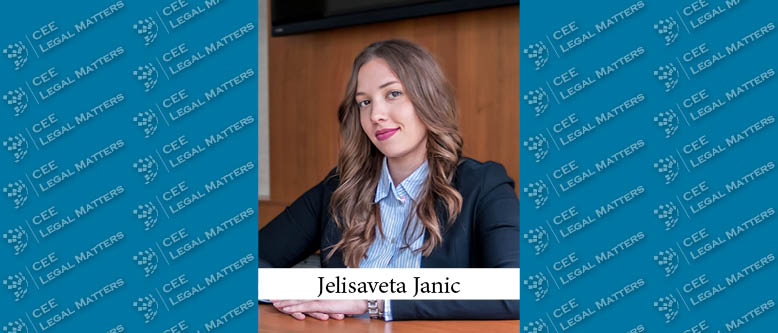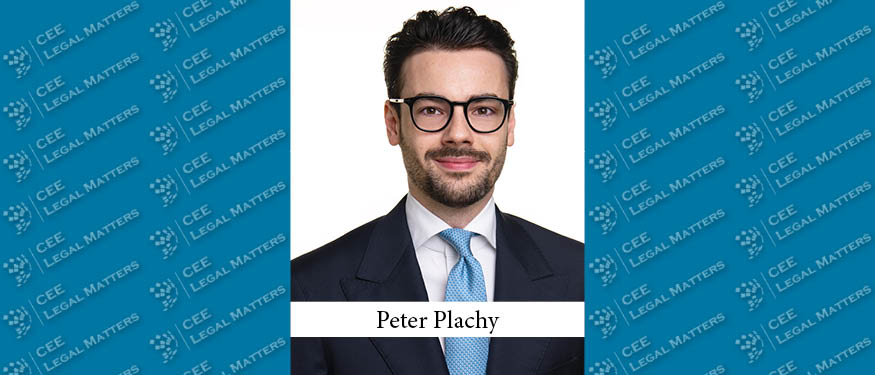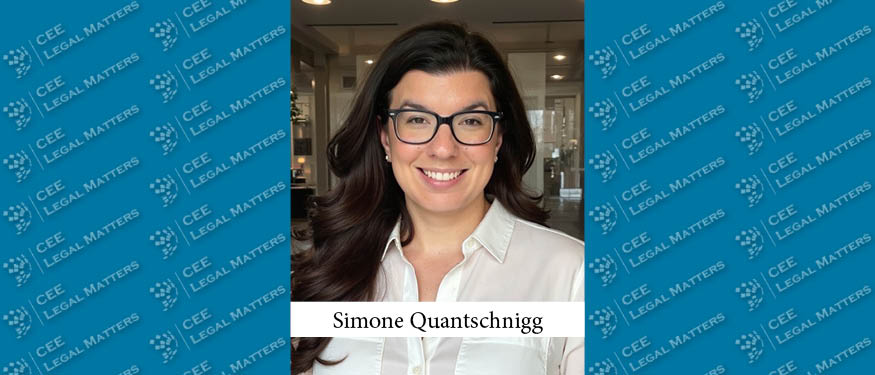“Everyone may merge with everyone; everyone may absorb everyone; everyone may divide into everyone; everyone may benefit from everyone; everyone may convert to everyone.” This phrase, included in the Explanatory Memorandum of Greek Law 4601/2019 (Law), sums up the rationale of the Greek lawmakers with respect to the legal framework on corporate transformations currently in force.
The Aegean – The Heavy Seas that Real Estate Investors Must Navigate
Greece is consistently ranked among the top tourist destinations in the world, with the Aegean islands being at the center of the hype. But few wonder what it takes to actually conceive, design, and construct a hotel in this gorgeous part of the world. There are so many restrictions and obstacles that one thing is certain: investing in the Aegean is certainly not for the faint-hearted.
Austria: Can Victims of Competition Law Infringements Get Access to Leniency Statements and Settlement Submissions in Austria?
Where behavior is investigated in parallel by the Austrian competition authorities and the Public Prosecutor’s Office (PPO), the latter usually requests the competition authorities to provide it with copies of their files, including leniency statements and settlement submissions that have been filed with the Federal Competition Authority (FCA), and adds (parts of) these documents to its own file. Victims of competition law infringements can thus indirectly get access to leniency statements and settlement submissions through an inspection of the PPO’s file. This practice risks weakening the effectiveness of the Austrian leniency program and settlement procedure as it may deter undertakings from cooperating with the FCA.
Bulgaria: Safeguarding Competition – The Role of Antitrust Legislation in Preserving Market Fairness
This article aims to explore key aspects of Regulation (EU) 2022/720 (Regulation), which governs the block exemption of specific vertical agreements in the European Union market, with a focus on its implications within the Bulgarian market, particularly for its dynamic IT sector, which had a 26% growth in 2022 and reached 4.5% of the country’s GDP. Further to that, Bulgaria has seen even more foreign investments by VCs and big corporations alike, therefore such antitrust legislations are closely followed by the business ecosystem. Some of the world’s biggest automotive giants also have software and engineering development centers here, with new leading players expected to enter soon.
Albania: Recent Trends in Albanian Competition Law
During the past year, the competition enforcement activities of the Albanian Competition Authority (ACA) have seen a considerable increase. The ACA approved 99 decisions, a record since its establishment 17 years ago, and fines during the year were the highest imposed in the last five years. Most of the ACA decisions were related to approvals of merger transactions, followed by decisions on market conduct investigations.
Ukraine: Third Parties’ Intervention in Merger Control Cases – Opportunities and Risks
This article explains the tools available under Ukrainian competition law that allow interested third parties (customers, suppliers, competitors, etc.) to participate in the merger review process and protect their rights and interests. It also addresses merging parties’ potential risks associated with the involvement of third parties.
Moldova: Will Higher Competition Fines Improve Competition?
By the middle of 2023, Moldova will likely have a modified Competition Law. The existing Competition Law dates back to 2012, and its material and procedural norms are almost intact in their original form. Since then, however, the Moldovan economy and society underwent profound changes.
Serbia: Is Serbia Keeping Up with Developments in the Digital Markets Sectors from an Antitrust Perspective?
The expansion of digital markets is undeniable, and the need for special regulations in these areas is clearly proved by the EU in rendering the Digital Services Act and Digital Markets Act. The mentioned regulations build on the EU Electronic Commerce Directive to address new challenges online.
Slovenia: New Rules for FDI Screening and New Competition Protection Act
To introduce a permanent foreign direct investment (FDI) screening mechanism, an amendment to the Investment Promotion Act (Amendment) is expected by the end of June 2023, and the new Prevention of Restriction of Competition Act now foresees a simplified merger review.
North Macedonia: Antitrust Concerns in North Macedonia (and Beyond) Linked to Generative AI
In the era of digital technology, it is natural to contemplate the potential effects of the digital revolution on various aspects of life. Generative AI, although still in its development stage, is already causing the anticipated revolution in the markets. Generative AI is beginning to revolutionize the delivery of services and products and has already made significant strides in transforming how markets operate. It is not yet clear whether generative AI will cause competition law issues; however, based on experience with digital revolutions, it is worth noting that a few scenarios are possible that will disrupt the current competition law framework everywhere, including in North Macedonia.
Czech Republic: Vertical Agreements in Light of the Amendment to the Czech Competition Act
A long-awaited amendment to the Czech Competition Act (Act) is now on the horizon as it was approved by the Chambers of Deputies and is ready for sign-off by the Senate and the president. Covering primarily the implementation of the ECN+ Directive, it also incorporates changes to the Act. At the same time, the Czech Competition Authority (CCA) has been updating its policies on compliance programs and vertical leniency. From this perspective, how the CCA treats vertical (distribution) agreements will probably change considerably.
Hungary: An Example of a Pitfall for International Transactions Coming Out of Hungary
Merger control clearance is a key issue in planning and implementing larger M&A deals due to the standstill obligation established by Council Regulation (EC) No 139/2004 (EUMR) and most national competition laws within the EU. If the EUMR is applicable to a transaction, a one-stop-shop system is granted where the Commission has exclusive jurisdiction for merger clearance and the merger clearance regimes of Member States are disregarded.
Croatia: Use (and Misuse) of Complaints in Croatian Competition Law Practice
Complaints (under Croatian competition law also referred to as “initiatives”), through which different market players may inform the Croatian Competition Agency (CCA) of suspected infringements of competition laws, have been introduced in the Croatian Competition Act back in 2010 and are not a novelty. Complaints have proved to be a useful tool that brought certain competition law violations to the attention of the CCA and helped detect and correct discrepancies in the market.
Kosovo: Kosovo Lowers the Threshold for Concentration Filings
On May 13, 2022, the Assembly of Kosovo passed Law No. 08/L-056 on Protection of Competition, replacing the previous law that had been in effect since October 2010. The new law aims to align the legal framework with EU rules and enhance the efficiency of the Kosovo Competition Authority (KCA). In the context of mergers, acquisitions, and other forms of concentration, the KCA aims to scrutinize concentration filings to assess potential threats to competition in the Kosovo market.
Slovakia: Conditional Merger Clearances in Slovakia – Change of Trend or Anomaly
Despite the quite long-lasting existence of a legislative framework for conditional merger clearances and imposing remedies on undertakings, the Antimonopoly Office of the Slovak Republic (Slovak NCA) has not used this option for many years. We are, however, experiencing a change in the practice of the Slovak NCA. Are we experiencing a change of trend in conditional merger clearances in Slovakia?
Montenegro: The Unsung Enforcement of Montenegro’s Competition Authority
If one were to glance over the website of the Montenegrin Agency for Protection of Competition (Agency), one may reach what will turn out to be a premature conclusion that the Agency is not an overly active enforcer, especially when it comes to merger control-related infringements. One will also not be able to learn much about the Agency’s fining practices. To gain a more realistic picture of its track record with gun-jumping cases, a deeper dive into publicly available data is required. Reasons for this lie mostly with how the Montenegrin legal system for the levying of competition fines is set up.
Dealing with Fixed Price Adjustments in Infrastructure Projects – A Serbian Legal Perspective
In recent years, significant global events and unforeseen circumstances have had a profound impact on, among others, infrastructure projects. These events, whether global conflicts, health crises, or other significant occurrences, have triggered price changes in such projects. As a result, provisions of the Serbian Law on Obligations regarding claims for changes in price have gained prominence.
Trends on Serbian Banking and Finance Market – What to Expect?
Despite global financial downturns, Serbia’s banking and finance market has exhibited remarkable stability and consistent growth. It has experienced significant advancements driven by economic expansion, technological progress, and regulatory reforms aiming to enhance stability, transparency, consumer protection, and efficiency.

